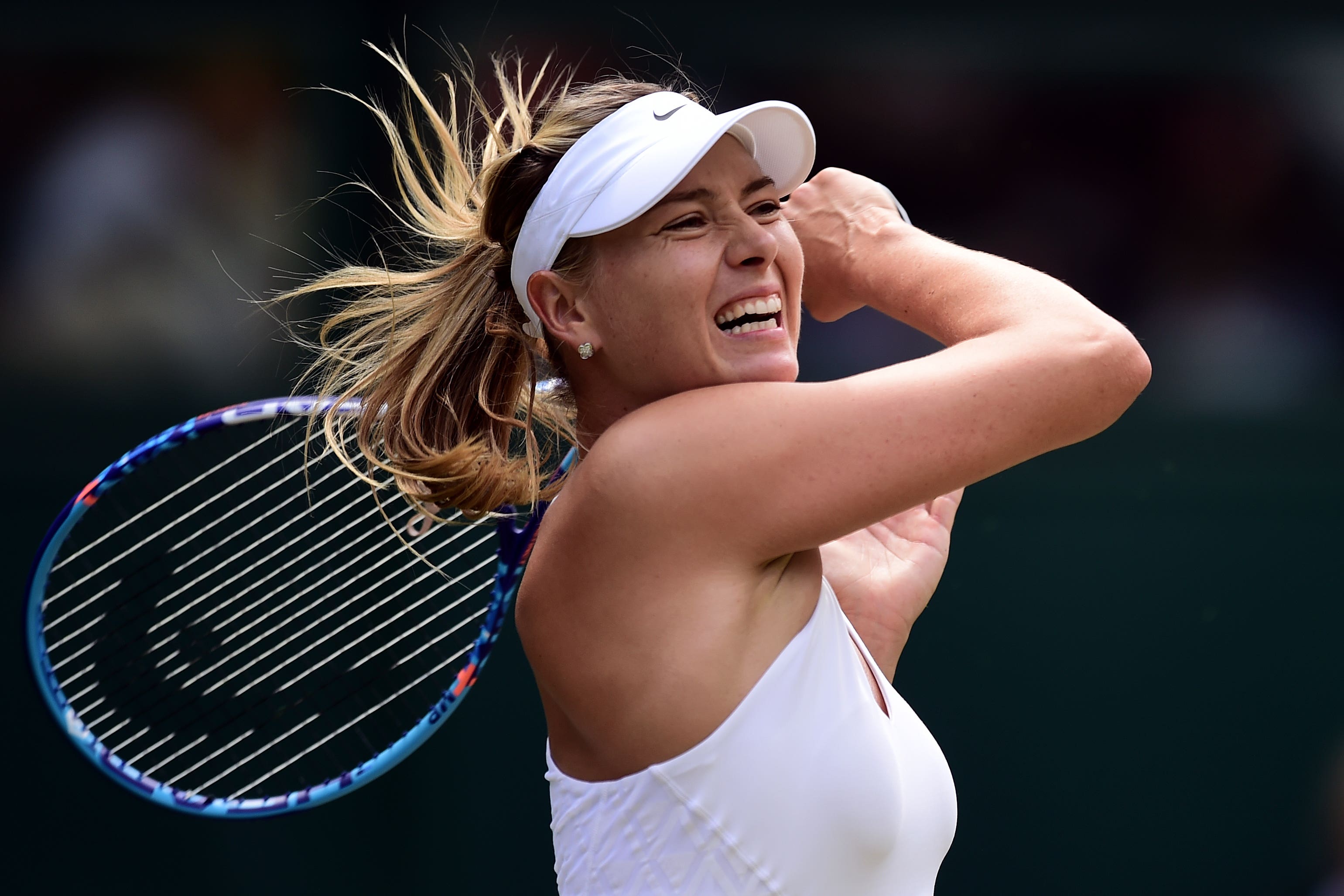On This Day in 2016: Maria Sharapova has two-year doping ban reduced
The Russian star had tested positive for the cardiac drug meldonium earlier in the year.

Your support helps us to tell the story
From reproductive rights to climate change to Big Tech, The Independent is on the ground when the story is developing. Whether it's investigating the financials of Elon Musk's pro-Trump PAC or producing our latest documentary, 'The A Word', which shines a light on the American women fighting for reproductive rights, we know how important it is to parse out the facts from the messaging.
At such a critical moment in US history, we need reporters on the ground. Your donation allows us to keep sending journalists to speak to both sides of the story.
The Independent is trusted by Americans across the entire political spectrum. And unlike many other quality news outlets, we choose not to lock Americans out of our reporting and analysis with paywalls. We believe quality journalism should be available to everyone, paid for by those who can afford it.
Your support makes all the difference.Maria Sharapova had her two-year doping ban reduced to 15 months by the Court of Arbitration for Sport on October 4, 2016.
The Russian superstar shocked the sporting world in March 2016 when she revealed she had tested positive for the cardiac drug meldonium at the Australian Open.
Sharapova, who said she had taken the drug for many years and had not realised it had been added to the banned list at the start of 2016, was handed a two-year ban by the International Tennis Federation in June of that year.
She was bullish after the CAS ruling, saying: “I’ve gone from one of the toughest days of my career last March when I learned about my (provisional) suspension to now, one of my happiest days, as I found out I can return to tennis in April.
“Tennis is my passion and I have missed it. I am counting the days until I can return to the court.
“I have taken responsibility from the very beginning for not knowing that the over-the-counter supplement I had been taking for the last 10 years was no longer allowed.
“But I also learned how much better other federations were at notifying their athletes of the rule change, especially in eastern Europe where Mildronate (its trade name) is commonly taken by millions of people.
“Now that this process is over, I hope the ITF and other relevant tennis anti-doping authorities will study what these other federations did, so that no other tennis player will have to go through what I went through.”
Sharapova was eligible to resume her career at midnight on April 25, 2017 and played her first tournament back that week as a wild card in Stuttgart.
She returned to the top 30 in 2018, winning one more WTA Tour title and reaching the quarter-finals of the French Open, but shoulder problems that had dogged her throughout her career prompted her retirement in 2020.
Join our commenting forum
Join thought-provoking conversations, follow other Independent readers and see their replies
Comments